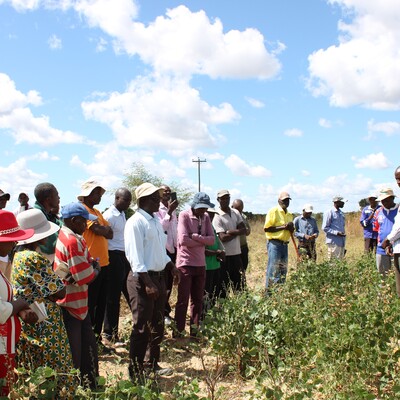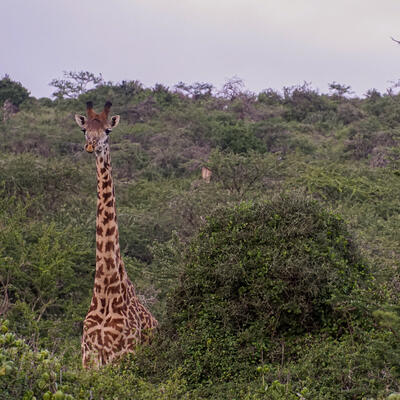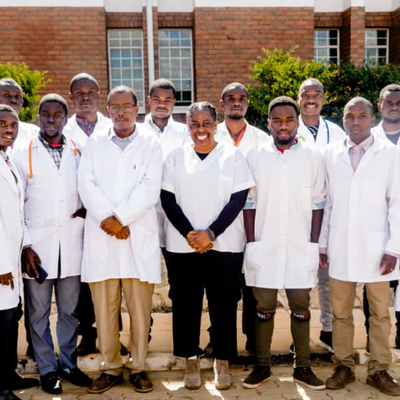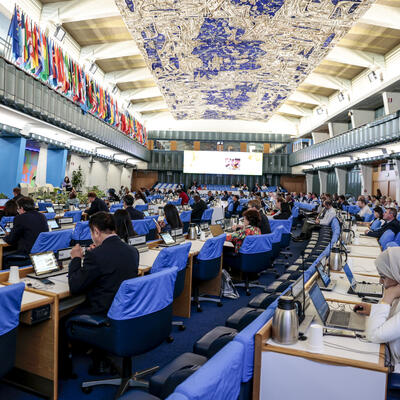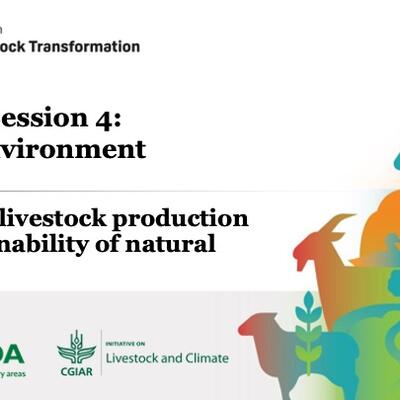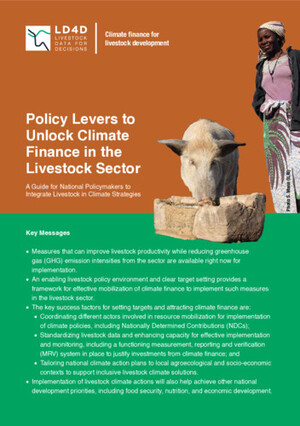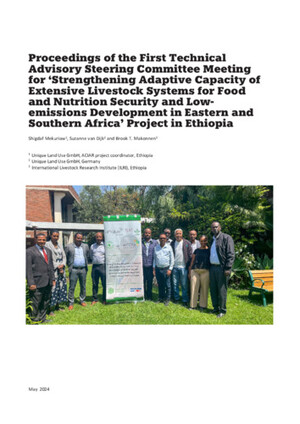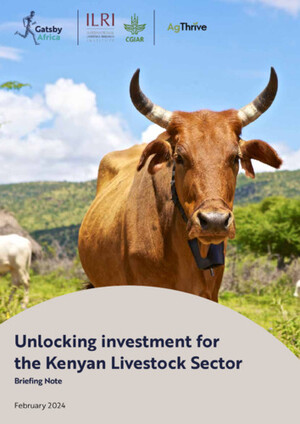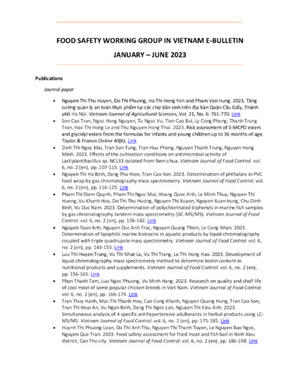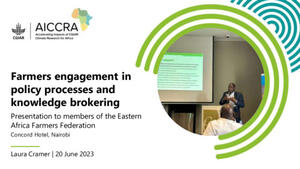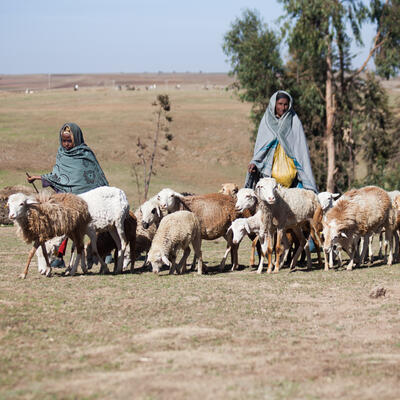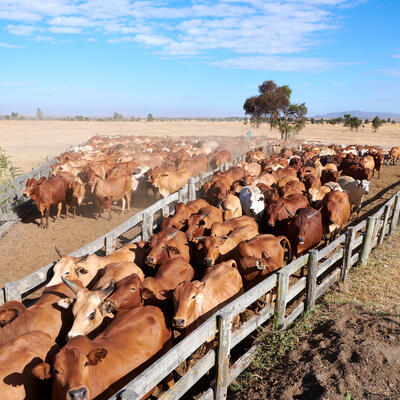
Making a subunit vaccine against contagious bovine pleuropneumonia to improve the livelihoods of cattle owners in Africa
Scientists from the International Livestock Research Institute (ILRI) are working closely with the Vaccine and Infectious Disease Organization-International Vaccine Centre (VIDO-InterVac) at the University of Saskatchewan in Canada to identify antigens to help develop a new vaccine for contagious bovine pleuropneumonia (CBPP), a highly contagious disease of cattle in Africa.
Funded by the International Development Research Centre (IDRC), the new vaccine is being developed by the VIDO-InterVac and the Kenya Agricultural and Livestock Research Organisation (KALRO).
There is an urgent need for improved vaccines for CBPP, which is caused by the bacterium Mycoplasma mycoides subsp. mycoides (Mmm). CBPP is one of the most infectious and highly contagious diseases of cattle in Africa and is a listed disease by the World Organization for Animal Health (OIE). The mortality rate can be as high as 50% in naïve herds, placing a huge strain on smallholder farmers and pastoralists in large parts of sub-Saharan Africa.
Currently, control of CBPP relies on a live vaccine that not only requires a cold chain delivery but has limited efficacy and causes occasional severe side effects. An improved vaccine could mean a real breakthrough for the control of the disease and for cattle keepers in endemic areas.
Scientists at ILRI identified possible vaccine candidates by employing reverse vaccinology, a computational method that employs bioinformatics to find genes, to explore a publicly available Mmm-type strain genome sequence. They identified antigens which were subsequently evaluated as vaccine candidates in cattle at KALRO, and approximately 60 were narrowed down to four especially promising antigens. Initial results of vaccine efficacy, which were published in the Journal of Veterinary Immunology and Immunopathology, look promising showing 81% protection compared to the current live attenuated vaccine, but with other favourable traits such as better storage and delivery properties.
Currently, the three partner institutes VIDO-InterVac, KALRO and ILRI are recipients of additional funding from IDRC to confirm the initial promising vaccine efficacy results, using a novel improved challenge model which is being developed.
Within the partnership, VIDO-InterVac is responsible for leading the patenting and commercialisation strategy. In order to encourage private or public vaccine manufacturers to engage in the project, ensure dissemination, and create a greater impact of the vaccine, an international patent was filed on the 22nd July 2016: Mycoplasma Vaccines and Uses Thereof; PCT/CA2016/050864 between VIDO-InterVac, KALRO and ILRI, the joint owners and joint licensors of the patent and related technology.
To further ensure local production capacity, a limited exclusivity agreement was signed with the Kenya Veterinary Vaccines Production Institute (KEVEVAPI), a Kenyan parastatal institution who are being considered for vaccine production and have been in charge of all veterinary vaccine production in the country, with substantial export to neighbouring countries. This will ensure impact in large parts of the affected countries. The vaccine is expected to have a huge impact on the livelihoods of sub-Saharan cattle owners.
For more information:
Read: Reverse vaccinology identified candidates for an improved vaccine against cattle pneumonia in Africa
Read: Lung plague vaccine wins international award
Watch: Kenyan scientist developing recombinant vaccines for contagious bovine pleuropneumonia






